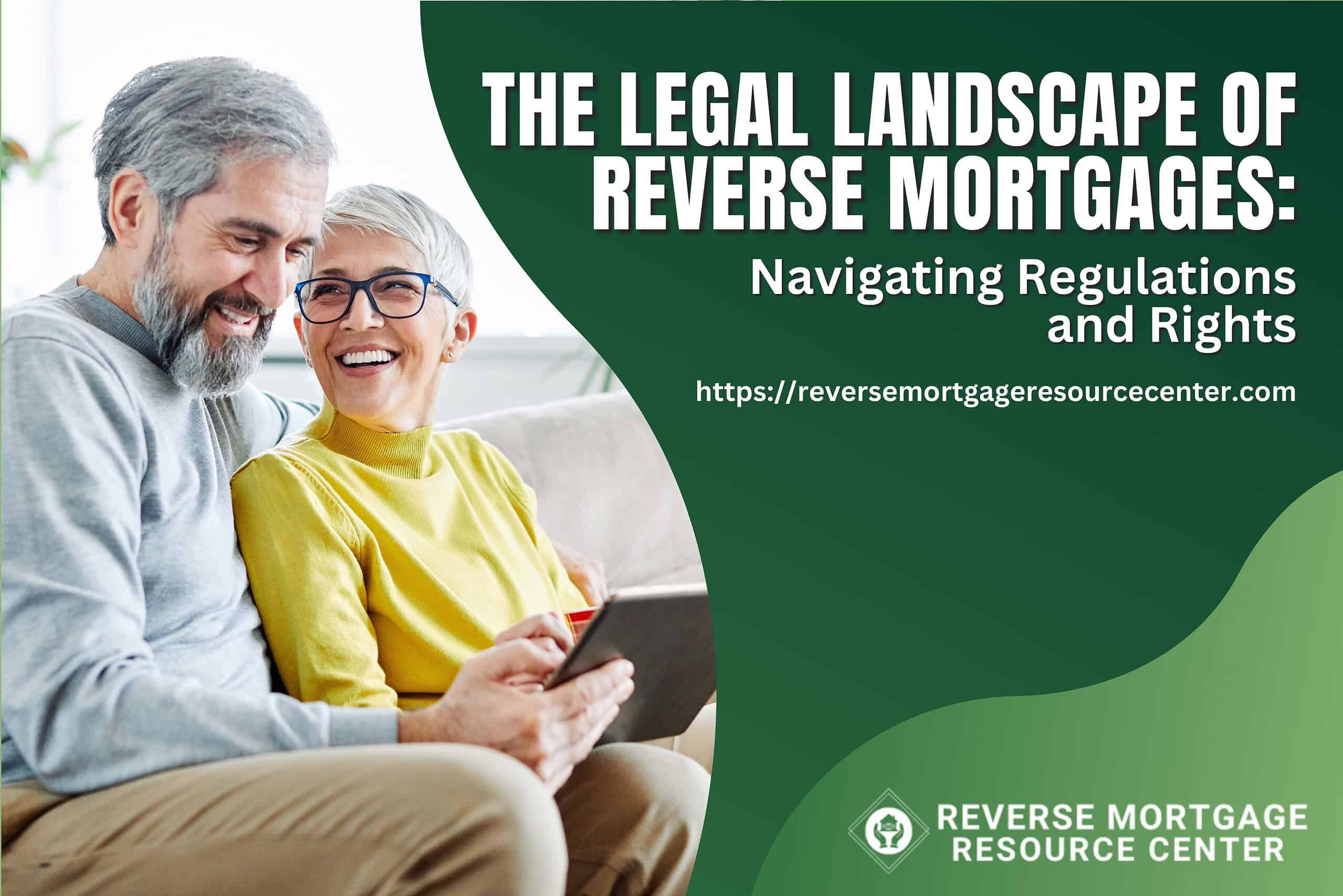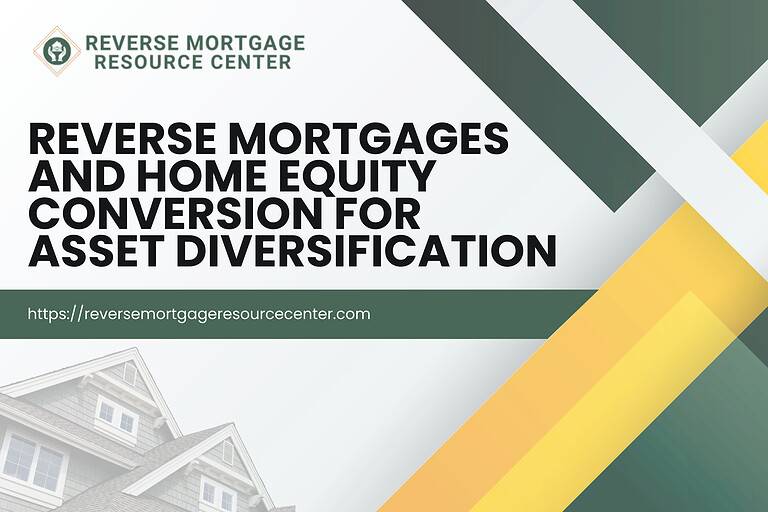The Legal Landscape of Reverse Mortgages: Navigating Regulations and Rights
In the realm of financial options available to seniors facing retirement challenges, reverse mortgages have emerged as a popular choice. These financial instruments allow homeowners aged 62 or older to tap into their home equity, providing access to a valuable source of funds in their golden years. However, the decision to enter into a reverse mortgage agreement is not one to be taken lightly, as it involves a complex legal landscape with various regulations, rights, and considerations. This article aims to provide a comprehensive overview of the legal aspects surrounding reverse mortgages, helping seniors make informed decisions about their financial future.
Understanding Reverse Mortgages
Definition and Mechanics
A reverse mortgage is a loan that enables eligible homeowners to convert a portion of their home equity into readily accessible funds. Unlike traditional mortgages, where borrowers make monthly payments to the lender, in a reverse mortgage, the lender disburses funds to the borrower. These disbursements can be received in a one-time lump sum, set monthly disbursements, or as a line of credit.
Types of Reverse Mortgages
There are several types of reverse mortgages, each with its own set of rules and regulations. The most common types include Home Equity Conversion Mortgages (HECMs), proprietary reverse mortgages, and single-purpose reverse mortgages. HECMs, insured by the Federal Housing Administration (FHA), are the most widely used and regulated.
Legal Considerations for Seniors
Borrower Rights and Protections
Counseling Requirement
Before entering into a reverse mortgage, seniors are required to undergo counseling from an FHA-approved counselor. This counseling session aims to ensure that borrowers fully understand the implications of a reverse mortgage, including its costs, benefits, and potential alternatives. This requirement is a crucial legal safeguard designed to protect seniors from making uninformed decisions.
Non-Recourse Feature
One of the key borrower protections in reverse mortgages is the non-recourse feature. This means that the borrower, or their heirs, will not be required to pay more than the appraised value of the home at the time of repayment, even if the loan balance exceeds this amount. This provides a significant safeguard against the risk of owing more than the home is worth.
Right to Rescind
Seniors have the right to change their minds within a specific timeframe after closing the reverse mortgage. This “right to rescind” period typically lasts for three business days. During this time, borrowers can cancel the loan without any financial penalty. This legal provision offers a safety net for seniors who may have second thoughts after finalizing the agreement.
Legal Obligations and Responsibilities
Property Maintenance and Insurance
While the lender places a lien on the home to secure the reverse mortgage, the borrower retains ownership of the home. As such, borrowers are legally obligated to maintain the property and keep it adequately insured. Failure to meet these obligations could lead to the acceleration of the loan, putting the borrower at risk of foreclosure.
Loan Repayment
The repayment of a reverse mortgage is triggered by certain events, such as the death of the borrower, the sale of the home, or the borrower moving out of the property for more than 12 months. It is crucial for seniors and their heirs to be aware of these triggers and understand the legal implications of each scenario. Planning for the repayment of the loan is essential to avoid any legal complications.
Legal Considerations for Seniors Entering into a Reverse Mortgage Agreement
Financial Assessment
Before approving a reverse mortgage application, lenders are required to conduct a financial assessment of the borrower’s ability to meet ongoing obligations, such as property taxes, homeowners insurance, and maintenance costs. This assessment is designed to ensure that seniors can comfortably manage the financial responsibilities associated with homeownership.
Implications for Medicaid Eligibility
Seniors receiving Medicaid benefits should be aware of the potential impact of a reverse mortgage on their eligibility. While the loan proceeds are generally not considered income for Medicaid purposes, they can affect eligibility if not managed properly. It is advisable to consult with a qualified legal professional to navigate this complex intersection of financial instruments and government assistance programs.
Legal Challenges and Evolving Regulations
The legal landscape surrounding reverse mortgages is not static. It evolves in response to market changes, legislative updates, and regulatory adjustments. Keeping abreast of these changes is crucial for seniors considering or currently holding reverse mortgages. Legal challenges may arise, and staying informed empowers seniors to address potential issues promptly.
Regulatory Safeguards
Government agencies, including the FHA and the Consumer Financial Protection Bureau (CFPB), play a pivotal role in establishing and enforcing regulations to protect borrowers. Seniors should familiarize themselves with these regulations to ensure that their rights are upheld and that lenders adhere to ethical practices.
Legal Professionals and Reverse Mortgages
Seeking advice from legal professionals specializing in elder law or real estate can provide seniors with a deeper understanding of the legal nuances involved in reverse mortgages. These experts can offer personalized guidance, ensuring that seniors make decisions aligned with their unique financial circumstances and goals.
REVERSE MORTGAGE RESOURCE CENTER ~LIVE LIFE ON YOUR TERMS~
Our Lending Team has been serving our clients since 2004. We are passionate about serving our clients with integrity to help them achieve their financial goals.







